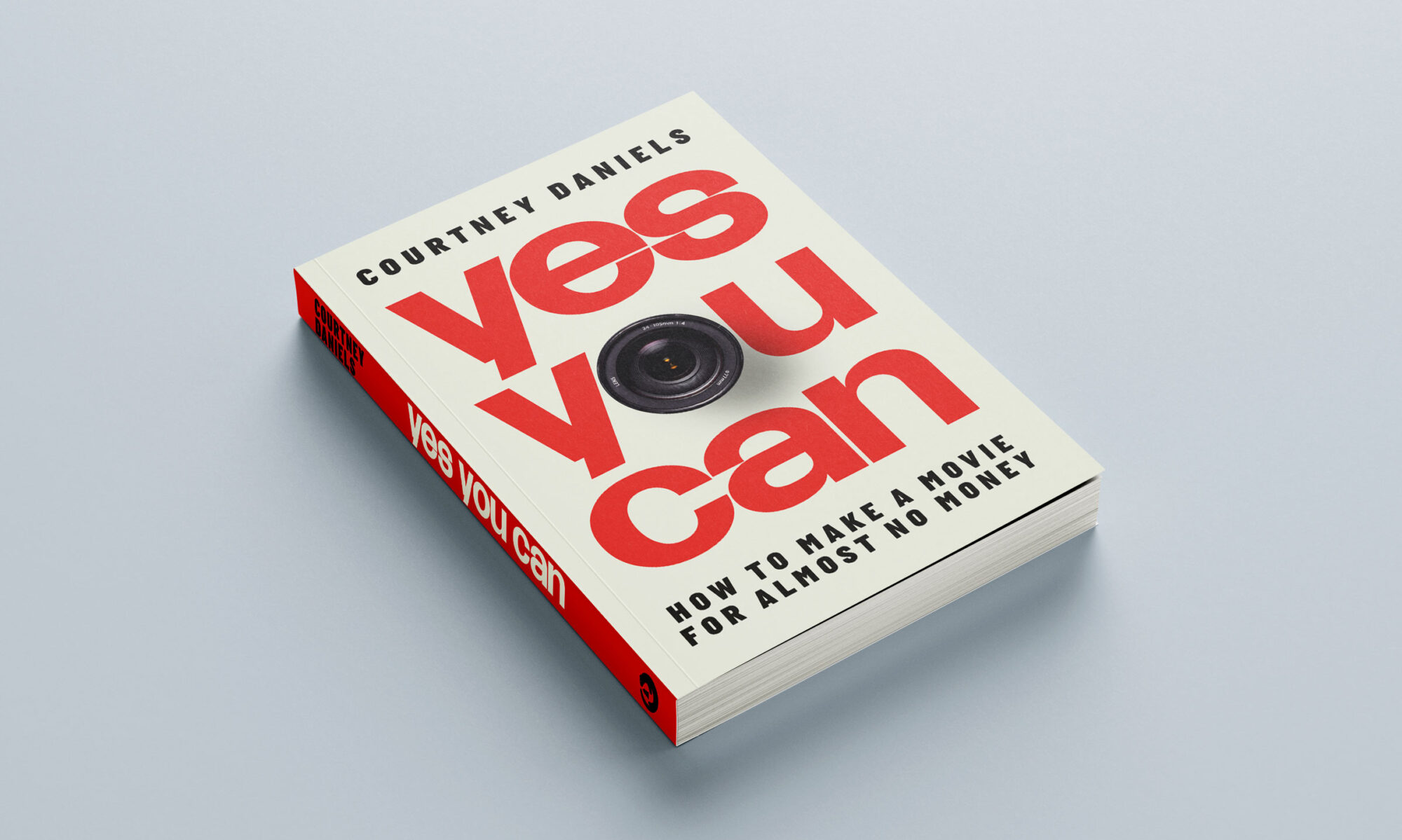
After experiencing a major setback early in life, why do some people scale back their expectations or even shrink from life while others go for broke?
The other night we watched the documentary above, about the Broadway production of the musical, “Merrily We Roll Along,” by Stephen Sondheim and Hal Prince, in the early 80s. I had read that it was about “how we frame success and failure,” which is what made me want to see it.
In the film, director Lonny Price talks about how, growing up, he was not good at sports and did not fit in at school. When he took drama class, he found his place. At summer camp, he played the original cast recording of the Broadway musical, “Company,” so incessantly that everyone in his cabin memorized it. He remarked, “Somewhere in America there’s a 55-year-old divorce lawyer who can sing every verse of ‘Another Hundred People’ flawlessly. Whether he wants to or not.”
The idea of these 14-year-old boys at camp being subjected to a showtunes album just because Lonny loved it so much killed me.
Also, people who look at regular, normal life and say, “No, thanks” and immerse themselves in a world that is more to their liking, like musical theater (playing dress-up and make-believe)–that fascinates me.
We also watched the new documentary, “Jerry Before Seinfeld.” In it, Jerry says that when he was young, he bought all the hit comedy albums, and when he graduated high school and learned from friends that there was a growing comedy club scene in New York, he said, “Oh, I want to be in that world. I don’t want to be in the real world.”
I just realized that my way of opting out of the real world, when I was young, was to read books. Now it’s making movies and web series with friends. And I want to do that–“be in that world”–as often as possible.
